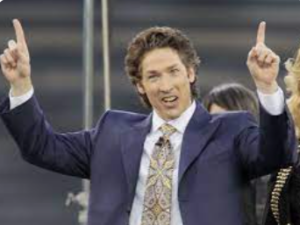As of February 6, 2025, President Donald Trump has put significant tariffs in place as part of his “America First” trade policy. On February 1, 2025, he signed executive orders that imposed a 25% tariff on imports from Canada and Mexico, along with a 10% tariff on imports from China, which took effect on February 4. Interestingly, Canadian energy exports are subject to a reduced tariff of 10% to help avoid potential disruptions. These tariffs were introduced to tackle issues related to illegal immigration, drug trafficking, and trade imbalances. However, President Trump announced a 30-day suspension of the tariffs on Canada and Mexico after they committed to improving border enforcement. But what would it take for Trump to reconsider the tariffs after this 30-day period?

Getting any public figure to change their position on a policy like tariffs can be quite complicated and relies on various factors. In the case of former President Trump, it often involved a mix of political pressure, economic analysis and forecasts, lobbying from affected industries, and sometimes even international negotiations or concessions.
If we imagine a scenario 30 days after the tariff announcement, it would likely involve:

Economic Impact: Clear evidence that the tariffs are negatively affecting domestic industries, consumers, or the overall economy could lead to a reassessment. Reports detailing job losses, price hikes, or diminished competitiveness might influence a policy change.
Political Pressure: Pressure from within Trump’s own party, influential business groups, or key states impacted by the tariffs could affect his decision. Political ramifications, especially during election seasons, can be significant.
Negotiations: If there are ongoing discussions with affected countries or industries, any concessions or agreements reached during that time could lead to a revision of the tariff policy.
Public Opinion: Public sentiment and media coverage can also play a role. If the public views tariffs unfavorably and there is ongoing criticism, it might influence his stance.


